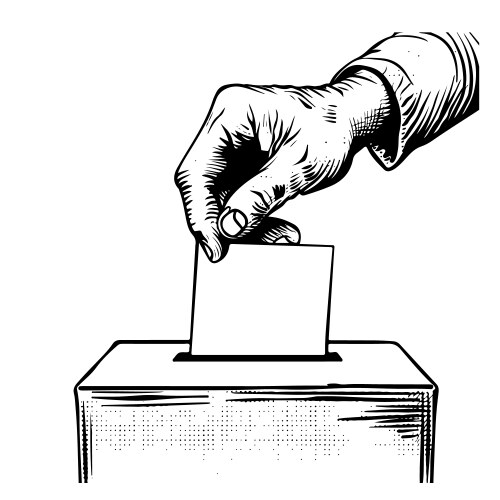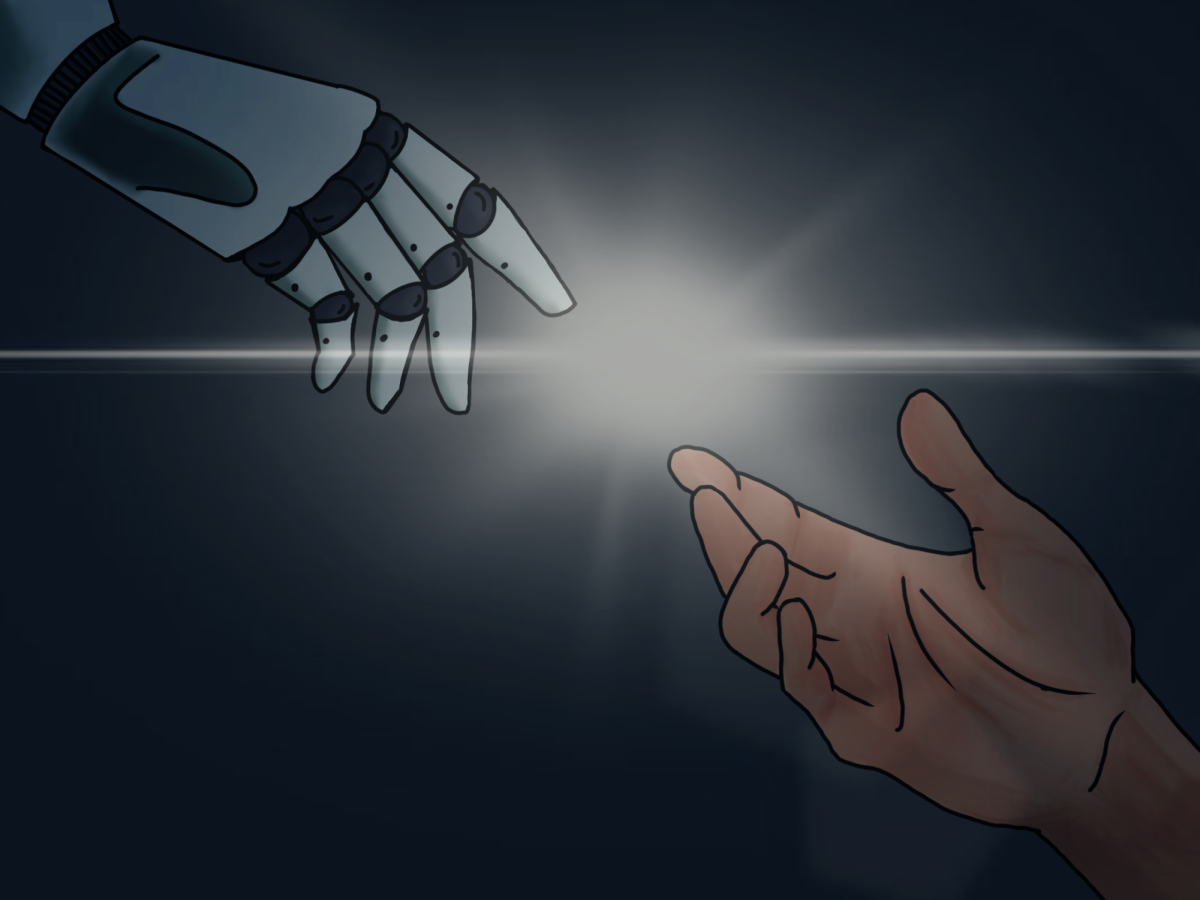For many centuries, absolutism held a tight hold on how societal structures were constructed, consolidated, and maintained. A monarch with absolute power over the land was responsible for making decisions for people with little opposing opinion. For a large group of people under certain circumstances, absolutism would end in prosperity. However, the evanescent qualities of absolutism caused many governments to follow such a social structure to end in pieces; in truth, absolutism ended their empires instead of keeping them together as seen in the Byzantine, Ottoman, and more. But the cracks of many monarchies sprouted a new idea for government: Democracy.
The effectiveness and prosperity of democracy is found in the unity that democracy brings. Instead of one person holding all the responsibility for decisions, all people are given a chance to express their beliefs even if it opposes those in power. In doing so, the opportunity for prosperity and greatness is massively increased as seen throughout history. Simply, democracy is a form of government where power is spread throughout the citizens.
The origins of democracy are also rooted in ancient Rome with the concept of the Roman Republic. The Romans took the ideas of the Greeks about a representative government and changed it into a system that utilizes representatives to portray the ideas of a certain group of people; the system ends with the representatives making sovereign decisions utilizing their groups’ ideas. In the 18th century, the creation of America marked the biggest push towards democracy seen yet; this young nation was experimenting with a government system completely different from the ones that dominated for centuries. It was the first country to experiment with how far democracy could take a nation. Democracy has truly taken America from a small convoluted misguided British colony to an undeniable powerhouse in the world today.
Democracy in America has had its own caveats. Initially when building America, all people were intended to be perceived by the nation as equal. However this fundamental concept was ignored and instead plagued with racism, sexism, slavery, ableism, classism and many more problems that kept people separated, unable to have an equal say in government and matters that affected their livelihood. Many minorities were targeted, suffering under the government despite its ‘democratic focus’. But democracy has the quality to allow for change while preserving its unity unlike the government’s systems before it. Now, everybody has the ability to vote, no matter their race, religion, sex, or developmental ability. This is because when the people call for change, a democratic government will change with the people’s visions. When women stood up and said ‘we want to vote too’, America changed to represent the wants of its people. A democracy has an ability to reflect on its mistakes. Though there may be many, one of the most important qualities of a democracy is a change or ability to change as a result of the people speaking up.
The concept of democracy is so complex that it is seen thriving throughout literature for decades. Popular classic novels like 1984 by George Orwell criticize absolutism and authoritative governments and how far they may take to consolidate power, possibly creating a dystopian atmosphere. Alternatively, other series like Renegades by Marrissa Meyer portray in its first book a broken government, characterized by its corruption. In the last book, the citizens use their voices to mend the democratic republic into what it should truly be.The changes in Renegades specifically are found from the strength of the people in the book, like the main character, to rise up against the corruption which would not be possible if the people never had a voice in the first place. In 1984, the voices and thoughts of people were stripped away from them giving them no chance to mend what the government has transformed into. These novels appeal to younger readers and are typically read in schools or found in school libraries because democracy is not meant to only thrive amongst adults. Democracy also lives in the youth and the idea of raising your voice is raised by the novels that shape us.
The current idea of democracy, especially in America, is constantly being questioned. More and more people are becoming less likely to vote and participate in the system of democracy as a whole. According to Our World in Data, 51% of people ages 18 to 21 vote compared to 72% of people ages 75 or higher . This demonstrates that it has become a real problem of youth ignoring their power in voting and the importance of their vote. Democracy is not an outdated political term; it’s a way for voices to be heard no matter the age.
The ability to express your own ideas is a human right that has transformed into a luxury too many times throughout history. Democracy is more than just a prevalent topic in literature, political debates, or a government system that collects cobwebs–democracy is a testimony of the change that a country has endured and a reflection of its people’s ideologies and hearts. Without democracy, so many voices may have been concealed but through its foundation and its people, democracy has allowed so many people to rise. Although the effects of democracy don’t seem that strong to us today, democracy has overtime proved its timeless ability to keep a nation together.






































